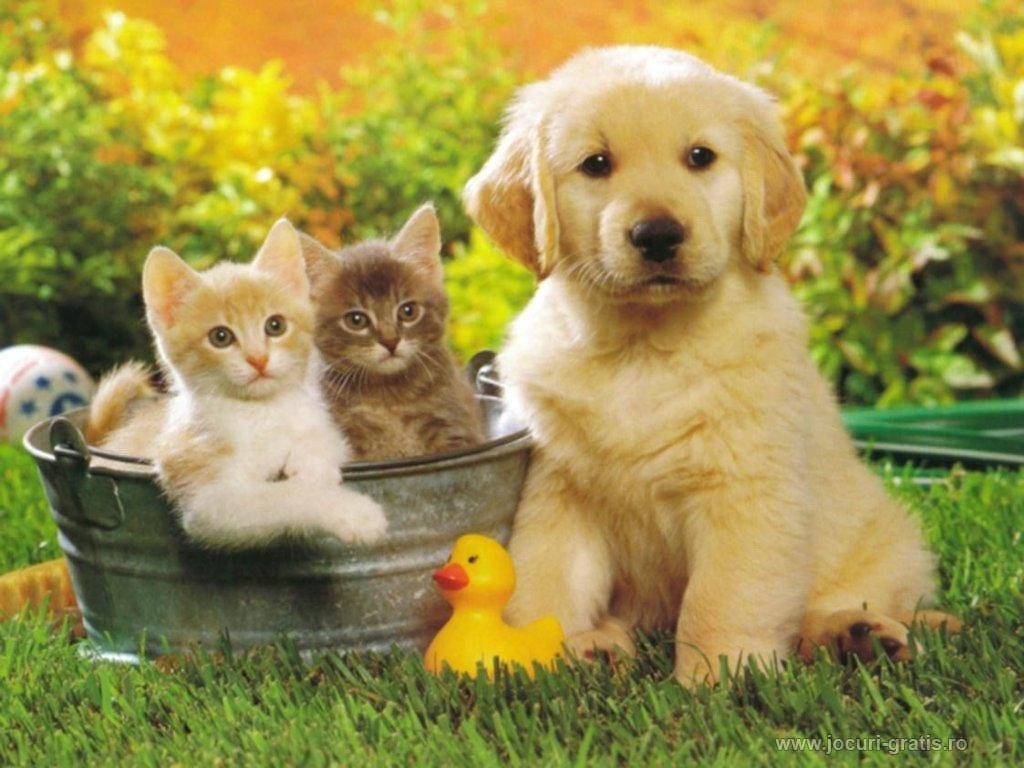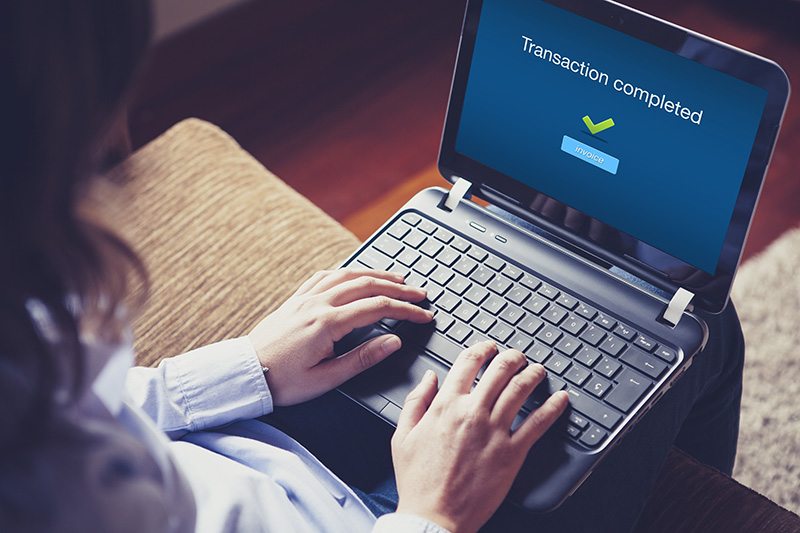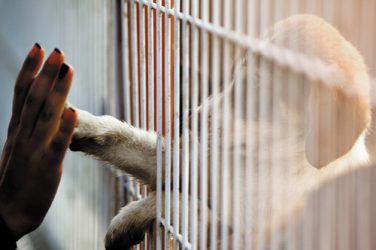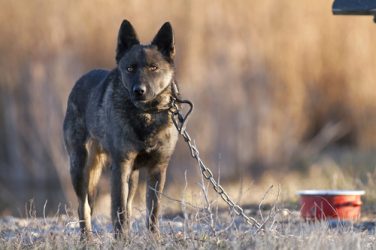One of the unfortunate realities of dog ownership is the fact that they have accidents in your home. Potty training takes time, and a housebroken dog isn’t perfect. If you’re looking to avoid accidents within the home then you’re in the right place, read on and we’ll discuss the ins and outs of preventing puppy accidents.
1. Keep an Eye on Their Water Intake
Puppies drink a lot of water. They also don’t process water in the same way when they’re under three to four months of age. Basically… what goes in, comes right back out.
Trying to avoid accidents is a lot easier at this age… as long as you keep an eye on the animal in question. When they drink water… take them outside. It’ll be a quick experience.
Don’t deny your young animal water, of course, but it’s important to keep in mind that your pup is going to need to pee soon after.
2. Clean Up After Accidents
Dogs are simple creatures, and often they’re more driven by scent than anything else. In this case it means that once they’ve gone somewhere and the smell has gotten into the floor… they’re likely to do it again.
That goes double for a young pup who is still in the housebreaking process.
When your dog has an accident, you should use an enzymatic cleaner to clean the area up. The enzymes in the cleaner break down the proteins that cause smell rather than covering it up or attempting to wash them away.
This is one of the best things you can do if your dog has frequent accidents in the same spot.
3. Look for Anxiety in Your Pup
Anxiety is a frequent cause of accidents. The popular image of a scared dog peeing on the floor is a reality in some cases.
But even bold and confident dogs may not be that way when they’re left alone. Many times a dog left at home can become rather nervous, leading to accidents even if they’re capable of holding it in while you’re away.
Separation anxiety is best handled by giving your dog something to do while you’re away. Puzzle toys, makeshift scavenger hunts, and other simple entertainment can help out tremendously.
4. Schedule Meal Time and Bathroom Time
For the most part, you’ll want to let your dog out to go potty immediately after they’ve eaten.
Dogs process their food quickly and they’ll likely need to go within ten to fifteen minutes of eating. That goes double for puppies, who generally need to potty more than adult canines.
It’s simple: when you feed your dogs, give them a couple of minutes to calm down. Then put them outside to use the bathroom. If you’re in an apartment or condo you’ll likely have to walk some distance, so plan things accordingly.
5. Watch Your Dog’s Behavior
Many times, accidents occur because of miscommunication between a dog and its owner. It’s especially common with adopted dogs since each canine communicates a little bit differently.
You should watch for signs that they need to go. Not every dog will be howling at the back door, some might only have small changes in their body language. Of course, they expect you to read those messages and when you don’t, well… they have to go somewhere.
Canine body language is a broad subject, but it’s also something that every dog owner needs to study. If you know when your dog needs to go… your chances of frequent accidents go way down.
6. Lay on the Positive Reinforcement
When your pup does use the bathroom properly, lay on praise. You can even give them a treat. The important thing is to make your dog feel great that they used the bathroom outdoors, instead of in your house.
Negative reinforcement doesn’t work well with dogs. It often causes anxiety issues that will only make the problem worse in the long run. Don’t go down that route, especially since punishing your dog after the fact isn’t going to help them learn.
Be consistent, especially when you’re first getting a dog house-broken. Use whatever technique your dog prefers, and you’ll quickly see them doing their best not to use the restroom in the house.
7. Incontinent Senior Canine? Try Doggy Diapers
Many times an elderly dog develops some form of incontinence. They simply can’t hold it every time. Still, it doesn’t mean that you have to give them up, or only allow them to roam the backyard.
Instead, you can find diapers that are specifically made for dogs. Most of them are only good for urine, but even that small saving grace can really help out.
Give them a shot, it might just revitalize your relationship with your senior canine.
Accidents Happen, But You Can Help!
When our dogs have accidents, it can be aggravating. Fortunately, it’s easy to prevent most of them. It’s all about knowing your dog and training them properly. When that fails… well, you find something that does work. The good news is that you’re on your way to a life free of canine incidents.







